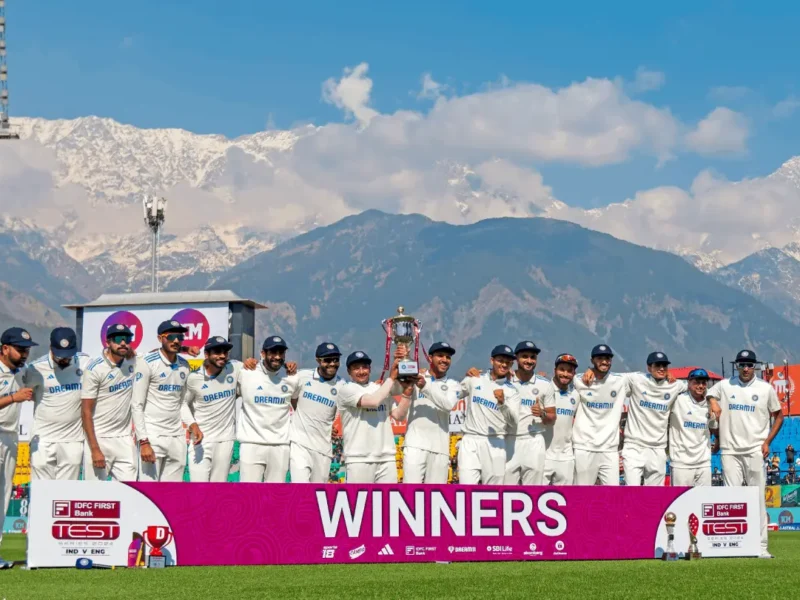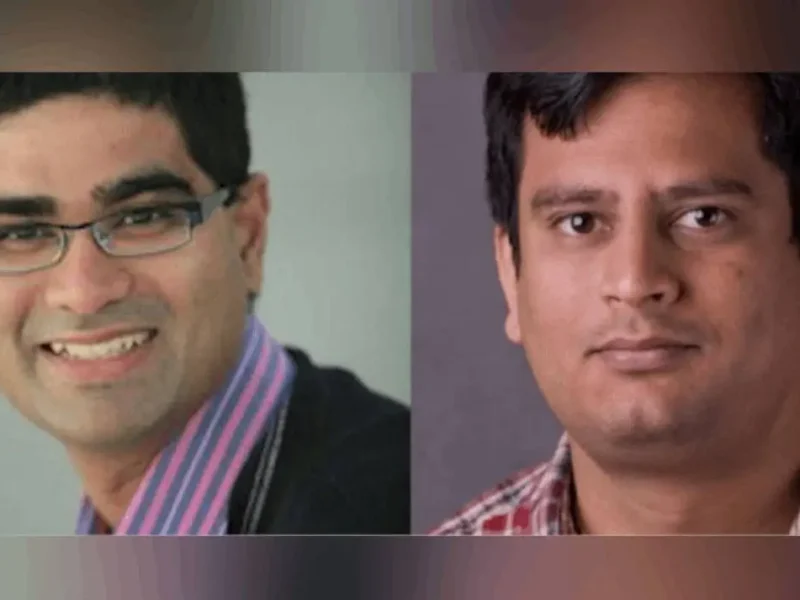
Kashmir And The Sin of Silence
BY DEEPIKA BHAN
Two days after Rahul Bhat was killed in a government office in Jammu and Kashmir on May 12, the building was reopened and all his colleagues, officers and subordinates trooped in and have been working silently since then. None of his colleagues or seniors even condemned the killing, or showed any sympathy, according to Bhat’s family, which has been pointing fingers at them.
TV actress Amreena Bhat was shot dead by terrorists and her 10-year-old nephew was injured in his arm at Chadoora in Kashmir’s Badgam district. Her family and relatives shed tears, and some even took to social media. But no one came out to protest — neither her colleagues nor her neighbors. All went silently back to their usual routine.
Not long ago, the picture of little Safa in blood-soaked clothes, lying alone on a stretcher in a hospital and staring blankly, went viral. Safa got a bullet injury when her father, J&K Police constable Saifullah Qadri, 45, was killed by terrorists outside their home in Soura, on the outskirts of Srinagar.
The family is struggling to come to terms with this. Safa’s pictures were shared a thousand times, and a few concerns were expressed, but silence has descended on her locality.
This silence is deafening.
As one stands on the Shankaracharya hill in Srinagar, a vast expanse of homes interspersed with greenery and water bodies lie ahead. The surrounding silence seems meditative from above, but as one moves on the roads and the streets below, things don’t seem normal.
Three decades ago, it wasn’t like this. Even a small incident would evoke curiosity and neighbors and unknown people would come to help and stand by the victim’s family. May 30, there is no reaction, no empathy; the only overwhelming presence is that of silence.
In all the incidents of terrorism, whether a Muslim is killed or a minority community member, or a non-local is targeted, silence seems to be all-pervasive. No one protests, no one comes on roads to raise slogans, and no one points out the identity of the killers. The neighbors, colleagues, and even the affected family’s relatives choose to remain quiet.
In most of these terror incidents, the perpetrators just come, kill, and escape without any hindrance, and there never seems to be an eyewitness.
Targeted killings can be ‘successfully’ executed only when pinpointed information is available and those present at that time keep silent.
All the targeted killings or other terror acts are always claimed by various terror outfits. Security officials say that targeted killings are difficult to prevent, but if there is a public outpouring of anger, then pressure can be built up against the perpetrators. In Kashmir, however, any act of terror fails to generate the widespread public outcry it should.
Recently, when the separatist Yasin Malik was convicted in a terror funding case and sentenced to life imprisonment, protests and incidents of stone pelting took place. Though the police arrested ten people near Malik’s home, the fact is that people did attempt to gather in support of a convicted terrorist.
Security analysts have been blaming the rampant radicalization in the valley for the support being extended to terrorists. More than the fear of the gun, it is radicalization that is helping the terror outfits and their sponsors in Pakistan to keep the terror momentum high in the valley.
The reasons for the silence may be varied, but the reality is that this silence has ruined Kashmir. The majority silently saw the persecution and exodus of the minorities from the valley; they have been quiet on the killing of moderates; they don’t raise their voice when girls are raped by terrorists; they don’t react when terrorists forcibly live in their homes; and they never question the killings.
The silence is now weighing upon the majority, which is failing to raise its voice against the drug menace, kidnappings, incidents of gang rape and acid attacks, which were unheard-of in the valley before the advent of terrorism in the late 1980s.
Abraham Lincoln had said, “To sin by silence when they should protest makes cowards of men.” This sounds so true in Kashmir.




